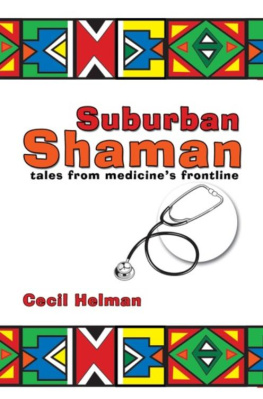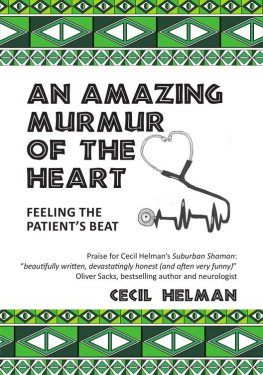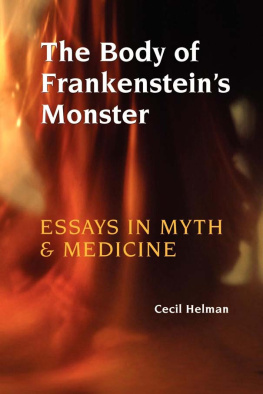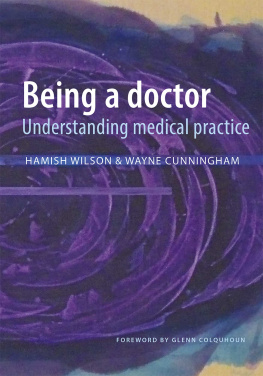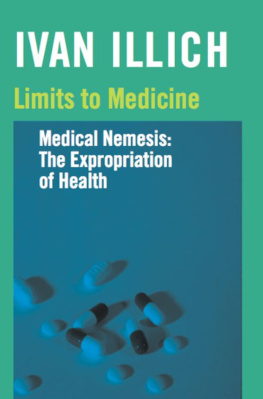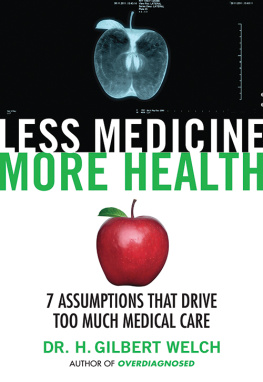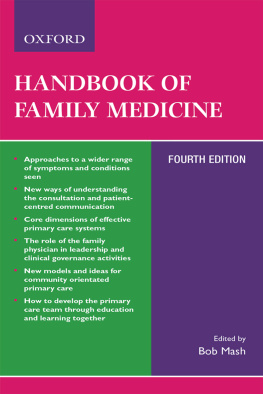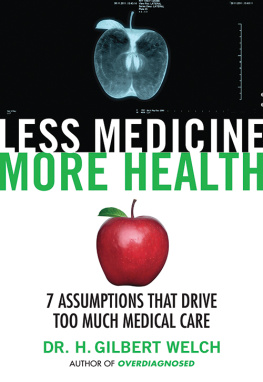Cecil Helman - Suburban Shaman: tales from medicines frontline
Here you can read online Cecil Helman - Suburban Shaman: tales from medicines frontline full text of the book (entire story) in english for free. Download pdf and epub, get meaning, cover and reviews about this ebook. year: 2014, publisher: Hammersmith Books Limited, genre: Detective and thriller. Description of the work, (preface) as well as reviews are available. Best literature library LitArk.com created for fans of good reading and offers a wide selection of genres:
Romance novel
Science fiction
Adventure
Detective
Science
History
Home and family
Prose
Art
Politics
Computer
Non-fiction
Religion
Business
Children
Humor
Choose a favorite category and find really read worthwhile books. Enjoy immersion in the world of imagination, feel the emotions of the characters or learn something new for yourself, make an fascinating discovery.
- Book:Suburban Shaman: tales from medicines frontline
- Author:
- Publisher:Hammersmith Books Limited
- Genre:
- Year:2014
- Rating:4 / 5
- Favourites:Add to favourites
- Your mark:
Suburban Shaman: tales from medicines frontline: summary, description and annotation
We offer to read an annotation, description, summary or preface (depends on what the author of the book "Suburban Shaman: tales from medicines frontline" wrote himself). If you haven't found the necessary information about the book — write in the comments, we will try to find it.
Medicine is not just about science. Its also all about stories, and about the mingling of narratives among doctors, and between them and their patients. So writes Cecil Helman after 27 years as a family practitioner in and around London interlaced with training and research as a medical anthropologist, comparing a wide variety of medical systems and other forms of healing. This unique combination of frontline health worker and detached academic informs the many stories that make up this fascinating book. It also informs the authors insights into what human suffering can teach us about ourselves and our own attitudes to health and illness, whether we are deliverers or recipients of health care. With insight and compassion, Dr Helmans stories take the reader on a journey from apartheid South Africa, where he did his medical training, to the London of the early 1970s, where for a short time he foreswore medicine to become an anthropologist and poet; from ships doctor on a Mediterranean cruise to family practitioner in London; from observing curative trance dances in the favelas of Brazil to interviewing sangomas in South Africa. While trained in the Western tradition and with many years of practice in that system, Dr Helmans anthropological insight leads him to view illness in a wider personal, social and cultural context, considering elements beyond the purely physical. In pleading for this holistic approach he celebrates family medicine which in its quiet and unassuming way, and every day of the week, is still at the very frontline of human suffering.
Cecil Helman: author's other books
Who wrote Suburban Shaman: tales from medicines frontline? Find out the surname, the name of the author of the book and a list of all author's works by series.

